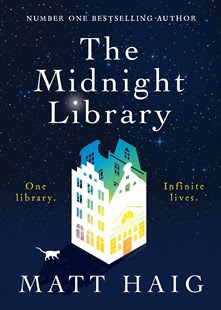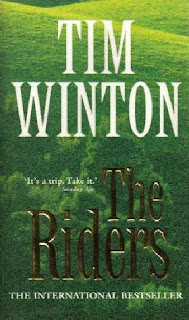Quichotte

The premise of this novel appeals to fans of metafiction and Salman Rushdie. A spy thriller writer, Sam DuChamp, turns his attention to a more literary story—a picaresque novel about Ismail Smile — a traveling salesman of pharmaceutical products. Smile falls in love with a TV-host star, and travels across America on quest to win her love. Meanwhile, Smile conjures up a son, Sancho, who begins to have a life of his own, slowly moving from the imaginary world to the world of flesh and blood. Like a 19th century novel, each chapter begins with a helpful summary as subtitle (e.g. Chapter One: Quichotte, an old man, falls in love, embarks on a quest & becomes a father). Chapter Two introduces the author of the character Quichotte – Sam DuChamp, and so the layering of the fictional world begins. So far, so good. When introducing DuChamp, however, the narrator highlights DuChamp’s fictional status (“we will call him Brother” p.21). Then there is the unsettling instability of the text...





